KNOW THE ARCHITECT: CHRISTOPHER BENNINGER, INDIA
- 25 Dec 2023
- By Paras Gandhi

Christopher Benninger, a renowned architect, is celebrated for his impactful contributions to contemporary Indian architecture. With a career spanning over five decades, Benninger's work seamlessly blends tradition and modernity, showcasing a deep understanding of cultural contexts. His diverse portfolio includes educational institutions, cultural centres, and urban planning projects, reflecting a commitment to sustainable and contextually sensitive design.
Here, are three of his most influential projects:
1.Suzlon One Earth Corporate Global Headquarters
Suzlon Energy Limited, a global wind energy leader, collaborates with architects to craft India's greenest office. In a 10.4-acre urban setting, this LEED Platinum and TERI GRIHA 5 Star-certified marvel generates 8% of its energy on-site. Inspired by historic Indian campuses, the design balances tradition and change, fostering sustainable workspaces and reducing operating costs by 30-40%. The architect, Christopher Benninger, compares the Tanti family, responsible for the project's synergy, to notable patrons like the Sarabhais and Rockefellers.
2.The Mahindra United World College
The Mahindra United World College in Pune, India, designed by Christopher Benninger, offers high school education to a diverse student body from 59 countries. Inspired by local architecture, the campus seamlessly integrates into the Sahyadri hills, garnering awards for its harmonious design.
3.National Ceremonial Plaza
In 2007, Bhutan transitioned to a constitutional democracy, marked by His Majesty Jigme Khesar Namgyel Wangchuk becoming king. The National Ceremonial Plaza, an extension of Trashichhodzong, symbolizes this historic shift, bringing national ceremonies to the public. Comprising tiered balconies, a spacious plaza, and performance arena, it accommodates political, ceremonial, and festive events for Bhutan's citizens, fostering democracy's essence. The traditional design, crafted with indigenous materials, reflects Bhutanese culture while embracing modern functions.
Recently Published
loves or pursues or

.jpg)

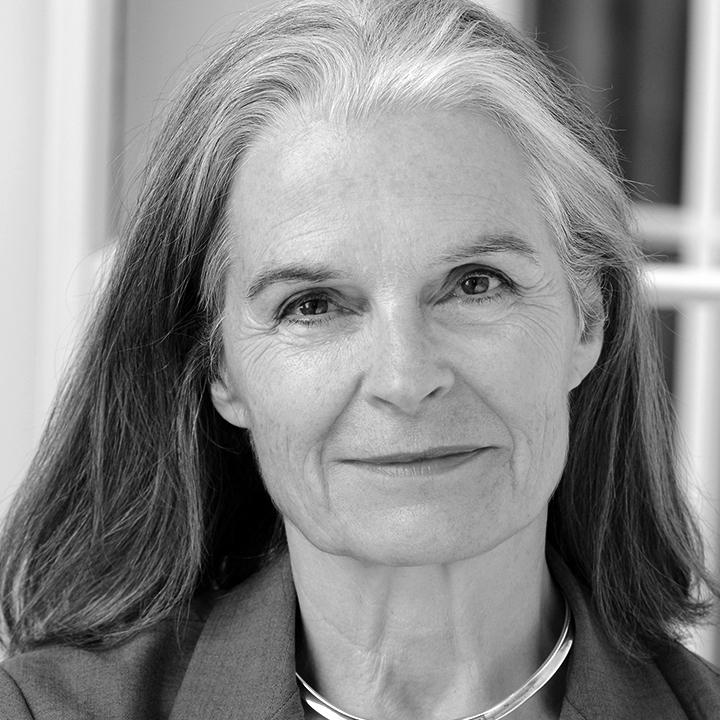
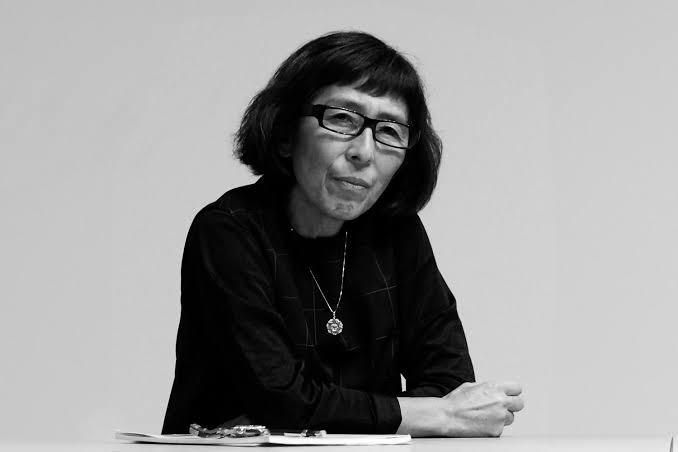
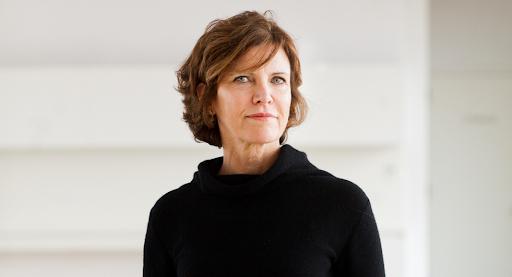
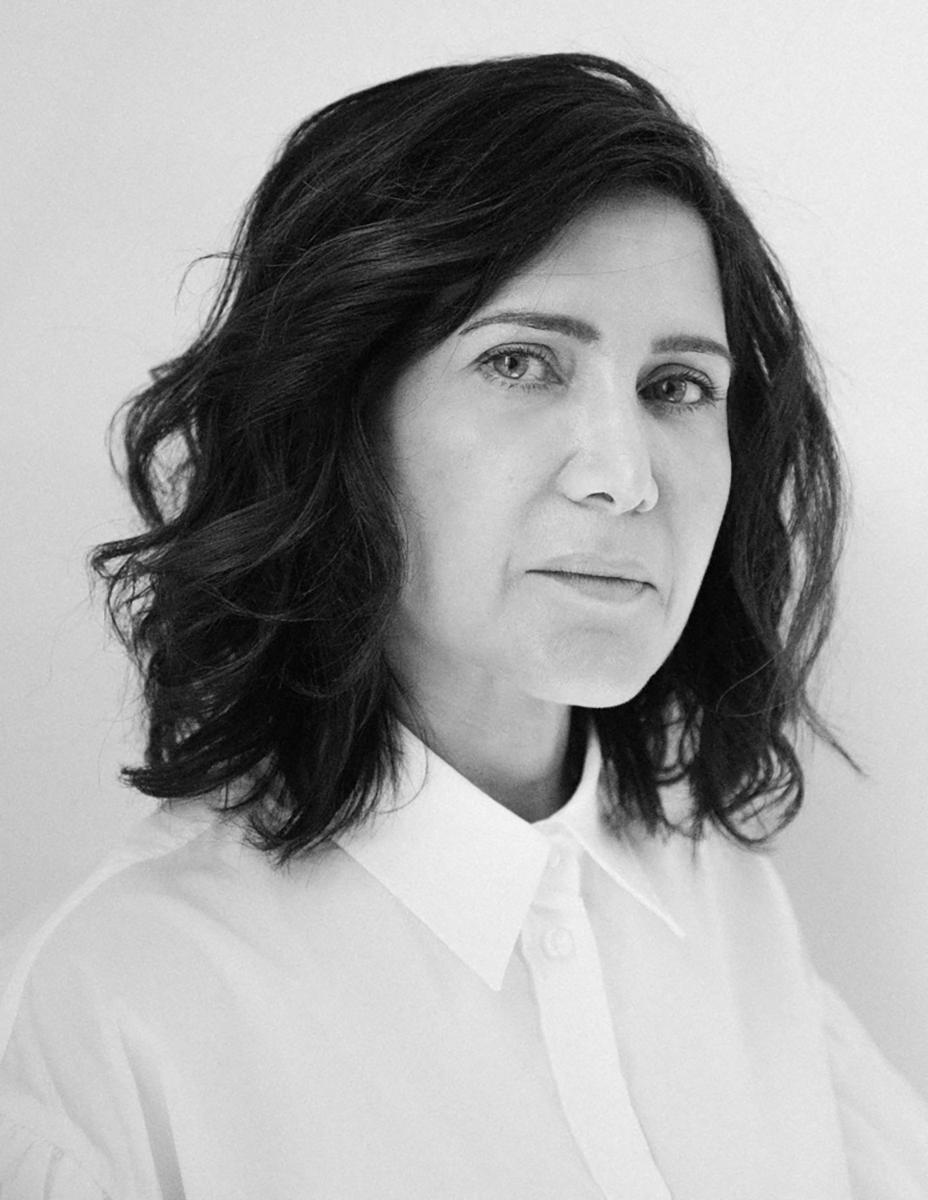
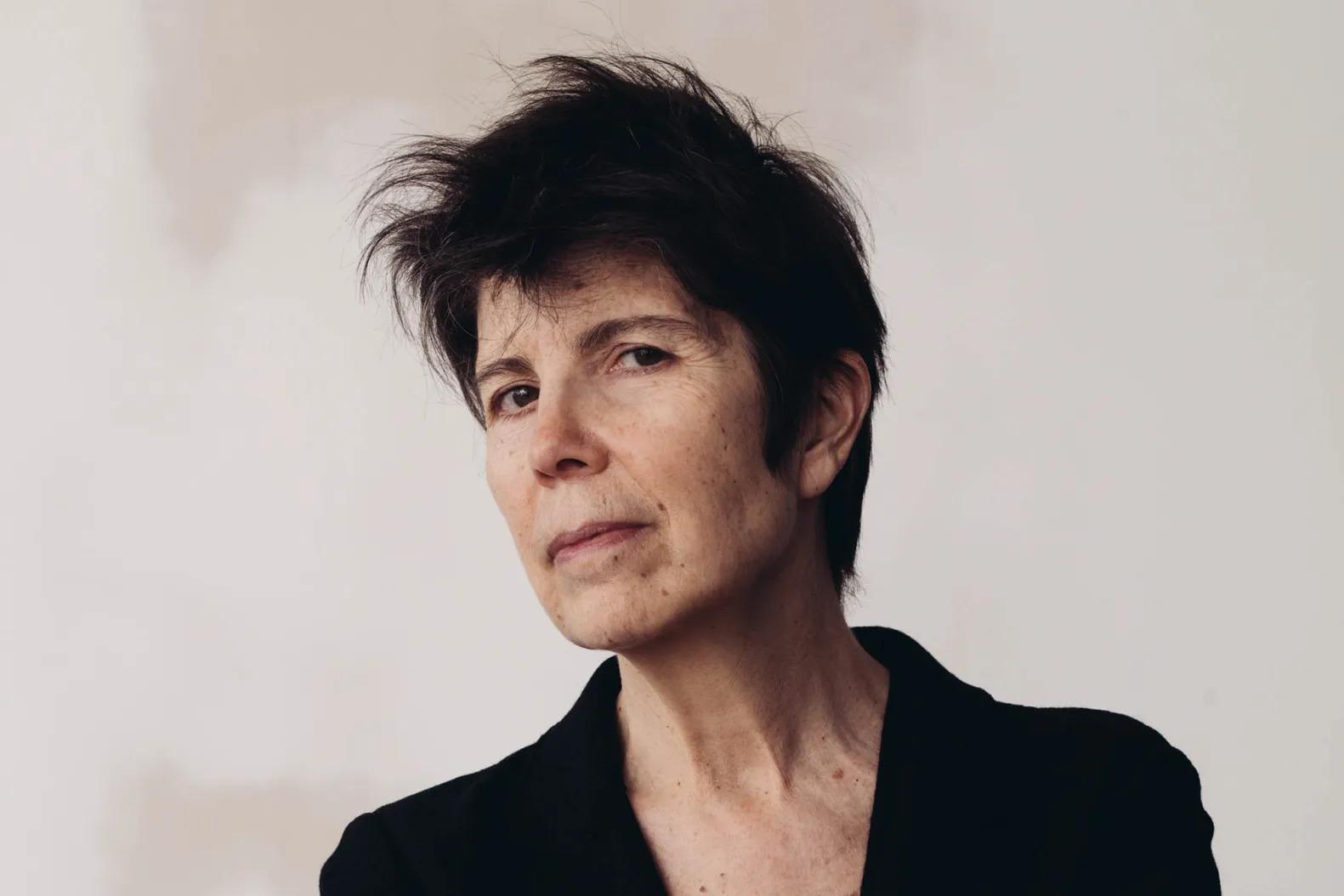
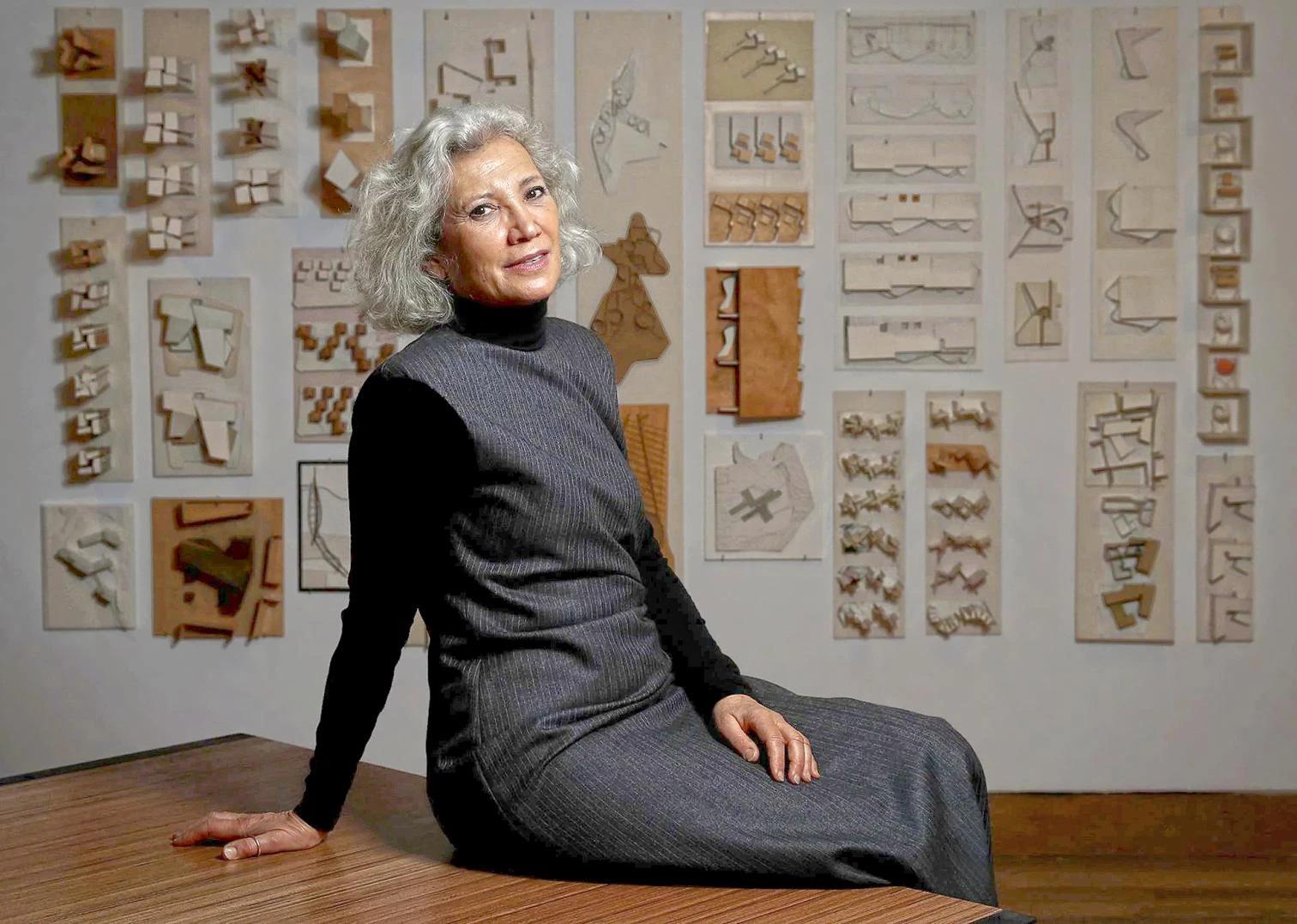
.jpg)